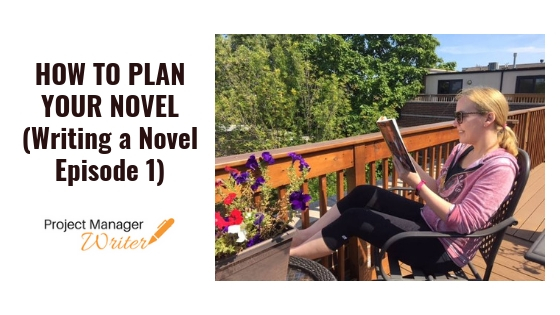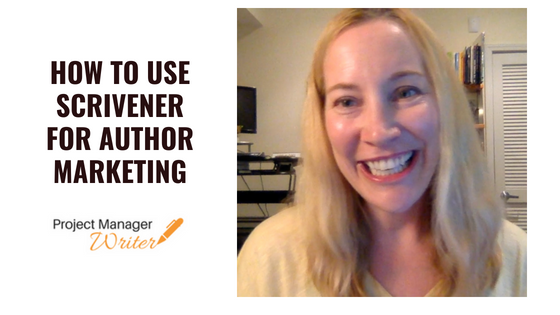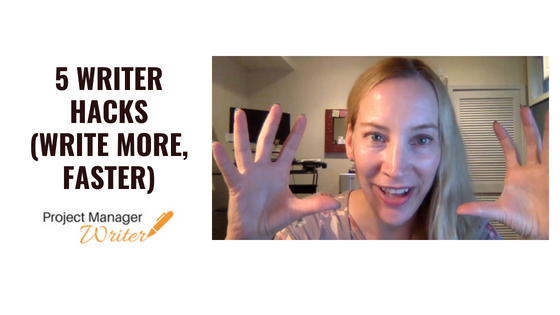“Nothing sells the last book like the next book.” – Craig Martelle
Want to become a successful indie author? Find out how in Craig Martelle’s book:
Become a Successful Indie Author: Work Toward Your Writing Dream
Craig Martelle is a fiercely independent author who runs the successful 20Booksto50k author conferences held in various locations including Las Vegas, London, and Bali.
Martelle describes himself as an author with a “blue-collar approach.” With over 2 million words in publication, the man knows a thing or two about being a successful indie author.
I like to think of him as the tough as nails, straight-shooting drill sergeant I never had! Seriously, he’s an amazing resource. I met him at the 20Books Vegas conference in November 2017 and he was kind and generous when I approached him, fan-girl look on my face, and asked him to pose for a pic.

Craig Martelle graciously posing for the thousandth time at 20Books Vegas 2017
I read his book and highlighted about 100 passages on my Kindle. While I can’t possibly share them all, here are my biggest takeaways from the book which I highly recommend you check out (free for Kindle Unlimited readers). Also available in paperback.
Takeaways for indie author success:
1) Your cover should tell readers “immediately what they are getting, with no questions or doubts.” Look at the top 100 covers for your genre.
2) Read as many success stories as you can, see what works for others, and build your plan on the details, not the results.
3) Minimum viable product – Get beta readers on board early. “If three people who are mostly in your genre unanimously agree that they want to keep reading after they’ve seen the first 3000 words, then keep writing, and continue to write.”
4) One goal at a time. “Work first on your goal. Make it achievable, something you can do in the next month.” Write and down and stick reminder notes everywhere you look. “When you’ve hit it, put the old goal in a box and post a new goal.”
5) You must be aware of revenue and expenses in everything you do.
How to find test readers? “Ask other new authors struggling with their first book, swap and read.”
What do you do with a 3-hour block of writing time?
You MUST read in your genre. Craig believes that if you don’t read in your genre, how can you write in it?
“I suggest you read something from your genre for the first hour, a bunch of different passages from your genre. Get on the mailing lists—Freebooksy, Bookbub, ReadCheaply, BargainBooksy, and others. You can get frontline, top-notch authors in your genre for free or $0.99.”
How many books does it take to succeed as an indie author?
“What I am seeing today is four books a year is the bare minimum to have a decent shot at financial/career success…Four books at 75K words each is only about 800 words per day.”
JK Rowling made over $1 billion in book sales alone and estimates suggest she only reached 9% of the book reading public. “What if you were able to tap 1/10,000th of what JK Rowling. Tapped?”
If your first book isn’t selling well, learn why, fix it, and get better next time.
Martelle published at least 1 book a month for the first 2.5 years he wrote full-time. With short stories, anthologies, a few collaborations, omnibuses, box sets, his Amazon catalog adds up to 79 titles!
What about blank-page syndrome?
“Get your words down, because you can’t edit a blank page.”
“A page full of bad words is still a good page, because I can rewrite it and that goes more quickly than creating it from scratch. Even if I end up changing every word.”
“I believe you should write every single day. It’s what writers do. It’s an escape.”
“Some days, I only get a couple hundred, and that’s okay.” Martelle’s original goal when he first went full-time was 1000 words per day. He averages 3500-4000 WPD now.
When you get stuck try:
- “A new story, a short story with a fun plot or an odd twist.” Martelle writes one in 1-2 days, 5-8k words.
- He also steps back and writes dialogue.
- Design a cover which “just needs toe perfect story behind it.”
Should writers outline?
Martelle used to be a pantser (as in “fly by the seat of your pants” without a plan). But he’s switched to an outlining method. “When I’m in the zone, a moment of exceptional clarity, I will write an outline from start to finish. Usually, it’s a narrative with bad grammar and ridiculously long run on sentences, but it is a complete story.”
Some of his outlines will be up to 10k words. I’ve been taking James Patterson’s writing Masterclass and his philosophy on outlining is similar to Martelle’s. Patterson says your outline should be a mini-book with a synopsis of each chapter. Recently, I outlined my new sci-fi novel and ended up with 4500 words.
Martelle writes the first chapter, leaving “lots of unanswered questions.” Then, he writes the last chapter of the book. As someone who has struggled with endings, I like this idea of knowing your beginning and end and then filling in the middle.
Should authors blog?
Martelle points out that there are successful authors without newsletters who engage their fans in other ways. He prefers to send a newsletter versus pulling people to read your blog. “I’ve tried blogging with regularity it was draining.” Did you know you could lose as much as 30% of your readers for every additional link they have to click?
Start off every newsletter with a personal bit of news. Then, Martelle recommends going into your sales pitch (e.g. his book on sale today only). He shares pro tips in his book about other ideas for what to share in your newsletters. Check them out!
In his book, he ranks the quality of email newsletter signups by different strategies (hint: organic signup from your book’s back matter is best).
What about social media?
Martelle posts daily on Facebook, often multiple times a day. He also boosts his author posts. He usually posts from his personal page (which has now become public thanks to his popularity). He also has an author page where he runs ads. He says group pages for his fans are important for interaction.
Craig Martelle quotes:
“Stay true to the story you establish up front and your way ahead will remain clear.”
“I am fanatical about getting that first chapter correct. If you do that, then the ready of the book is a done deal.”
“Being a professional means being able to predict your production…You should be able to know not just what you can do, but what you will do.”
“Keep writing. Keep filling that shelf. 1000 words a day every day for a year means you’ve written four nice length books.”
“You can’t edit a blank page and that big bucket of nothing gets deep quickly if you don’t write.”
“Story trumps the Oxford fucking comma.”
Also included in his book:
- Ideas for selling your books at conventions.
- How to run a conference.
- Essential business advice about tracking your revenue and expenses and small business info.
- His daily routine for reviewing data and financials.
- How to do a SWOT Analysis of your business.
- Why you should pay yourself a salary and issue a W-2.
- An amazing anti-book pirating service.
- His publication checklist! All the steps to complete when you’re ready to publish.
Sign up! Don’t miss a thing. For more book reviews and practical advice about the business of writing and marketing, sign up for my newsletter by clicking here: https://projectmanagerwriter.com/signup/








Leave A Comment